It could take the world a lifetime to make another Fidel Alejandro Castro Ruz, who was an outlier like no other. Hate him or love, Castro will forever be reckoned with as a man who inspired and endangered the world in the same breath.
Born out of wedlock into the family of a rich Spanish sugarcane farmer on August 13, 1926, Castro went to a set of good schools within the Latin American country. He studied Law at the University of Havana, Cuba, the country’s oldest university.
In Havana, Castro became interested in Leftist politics, fiercely opposing the right wing leaders of Columbia and Dominican Republic. As a budding politician, he participated in an aborted coup attempt against the brutal Dominican Republic dictator Rafael Trujillo.
FAILED COUP AND 15 YEARS IN PRISON
Advertisement
In 1950, Castro graduated from the university and opened a law office where he supported leftist ideologies, only to run for an election to the Cuban house of representatives two years later. Fulgencio Batista seized power that year, and made sure that the election never held.
Castro responded by planning a popular uprising, which resulted in an attack on Moncada Barracks in 1953. The assault, carried out by Castro’s 120-man team, failed. He was arrested, while some of his men were killed.
“From that moment on, I had a clear idea of the struggle ahead,” Castro said in his 2006 “spoken autobiography”.
Advertisement
Castro was charged before a court, where he gave one of the greatest speeches in Cuban history, titled ‘History will absolve me’. He spoke for four hours, hitting at every one in support of the system.
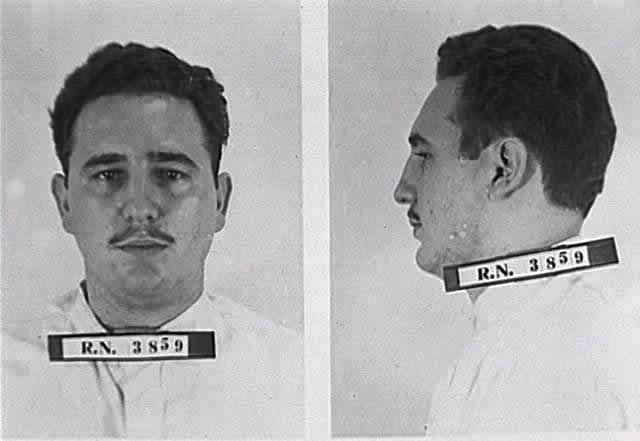
“I cannot ask freedom for myself while my comrades are already suffering in the ignominious prison of the Isle of Pines. Send me there to join them and to share their fate. It is understandable that honest men should be dead or in prison in a Republic where the President is a criminal and a thief,” Castro said.
“If all the weight of the law does not fall upon the guilty because of cowardice or because of domination of the courts, and if then all the judges do not resign, I pity your honor. And I regret the unprecedented shame that will fall upon the Judicial Power.
“I do not fear prison, as I do not fear the fury of the miserable tyrant who took the lives of 70 of my comrades. Condemn me. It does not matter. History will absolve me.”
Advertisement
He was sentenced to prison for 15 years.
TAKING POWER WITH TWO RIFLES
Batista was fast losing popularity in Cuba, and sought to launder his image by granting amnesty to Castro and friends in 1955, after only two years in prison.
Castro fled to Mexico, where he met Che Guevara, an Argentine Marxist revolutionary, physician and guerrilla leader who became the face of global rebellion. Both men planned to upstage Batista’s leadership from Mexico.
Advertisement
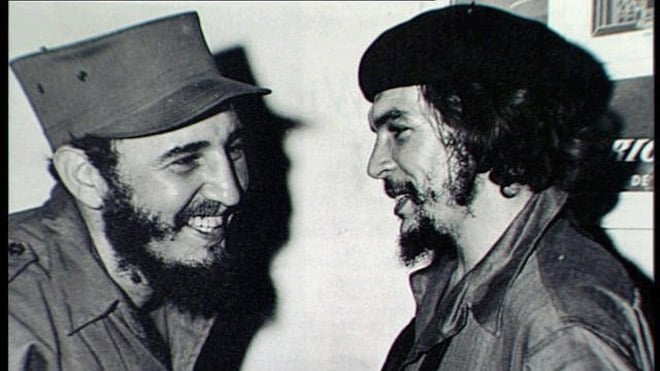
Castro said the revolutionaries started reorganizing with only two rifles, and by early 1957 they were already recruiting foot soldiers and winning small battles against Rural Guard patrols.
“We’d take out the men in front, attack the centre, and then ambush the rear when it started retreating, in the terrain we’d chosen,” Castro would later say in 2006.
Advertisement
On January 1, 1959, Castro took power from Batista, and birthed the first communist country in the entire western hemisphere, just at the door of the world’s ‘greatest’ democracy, the US.
CIA ATTEMPTED ASSASSINATING HIM BUT HAD ‘PERFECT FAILURE’
Advertisement
After he took power, Castro, who was known by his people as The Commander, nationalised all US assets in Cuba, resulting in trade ban and international sanctions from the west.
Many attempts were made on Castro by the US Central Intelligence Agency (CIA), and all of those attempts failed. In 1961, CIA trained 1,400 Cuban exiles to fight against their home country, and oust Castro.
Advertisement
The team called the “Brigade of Exiles”, attacked Cuba, but Castro’s men were ahead. They killed about 100 and captured virtually everyone else in the brigade. Castro called the CIA’s attack a “perfect failure”.
According to Fabian Escalante, chief of Cuban Intelligence, Castro, survived 683 assassination attempts from the CIA in his lifetime. He eventually freed the prisoners in exchange for baby food and medical kits worth millions of dollars.
PUSHED THE WORLD TO BRINK OF A THIRD WORLD WAR
In 1962, Castro nearly plunged the world into a third world war, but failed. He asked Nikita Khrushchev, leader of the Soviet Union, to launch nuclear attacks against the US. The US found out that Soviet Nuclear weapons were stationed in Cuba, less than 150 kilometres away.
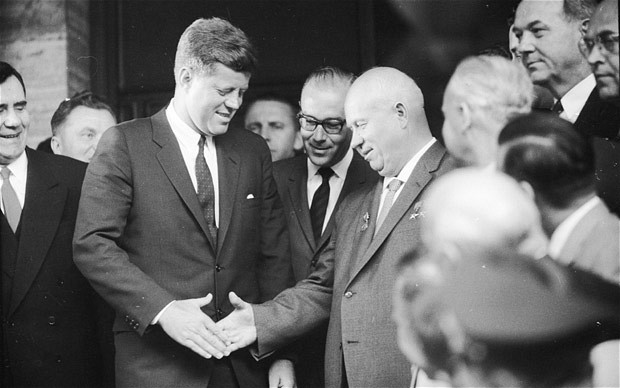
This led to fears of another World War. In fact, US authorities claimed this was the closest the world got to a third war.
Soviet leaders also discovered at the time that US nukes were stationed in Turkey, also at the Russian doorsteps. US and the Soviet Union were prepared for each other.
After much negotiations between John F. Kennedy and Khrushchev, both countries agreed to withdraw their nuclear weapons from Turkey and Cuba, against Castro’s will. The war was averted.
MANDELA’S APARTHEID INSPIRATION
Nelson Mandela, the first black president of South Africa, really admired the Cuban leader, and claimed to have been inspired by his feat in facing white domination.
“From its earliest days, the Cuban revolution has been a source of inspiration for all those who value freedom,” Mandela said in 2001.
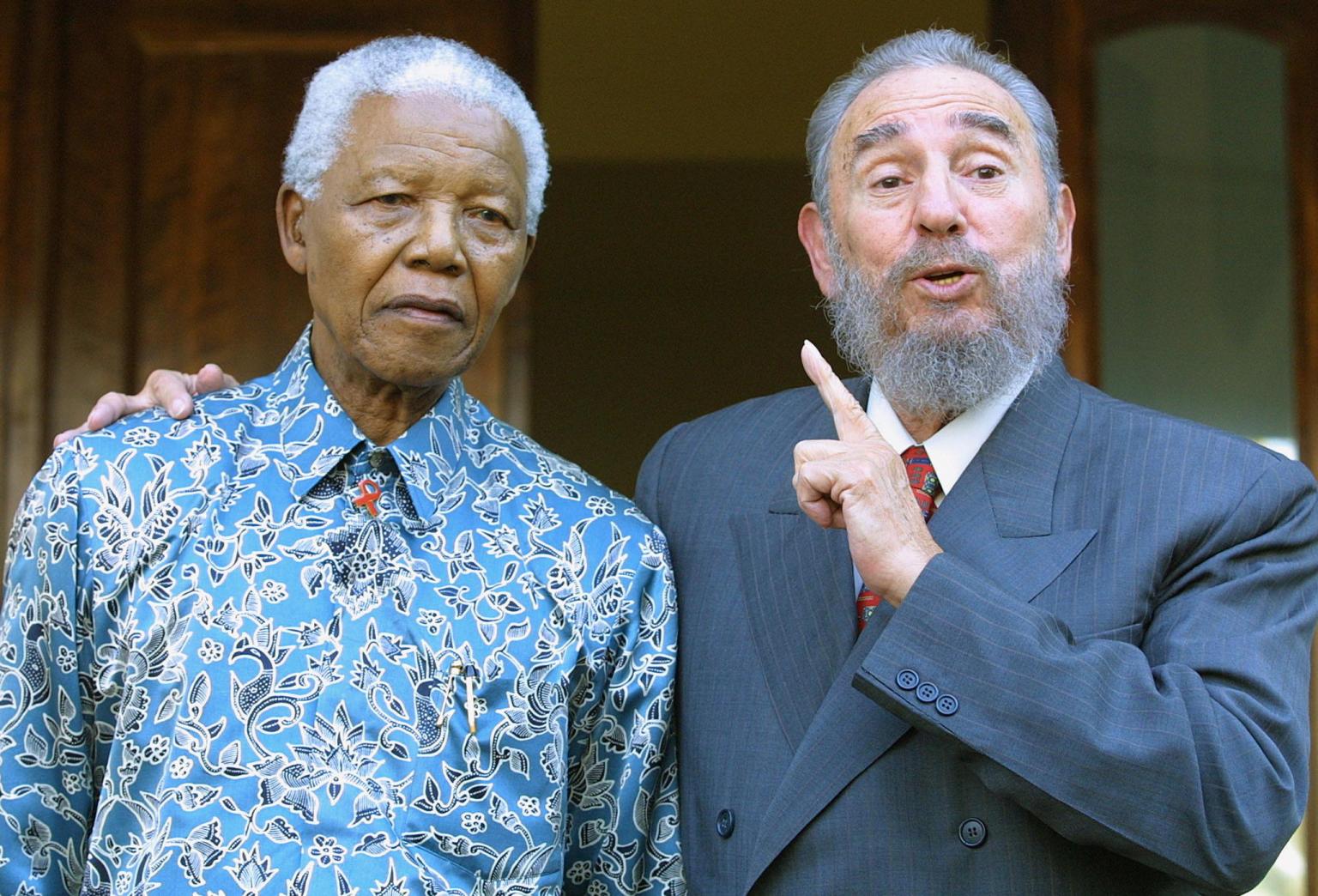
“We admire the sacrifices of the Cuban people in maintaining their independence and sovereignty in the face of the vicious imperialist and orchestrated campaign to destroy the awesome force of the Cuban revolution.”
Mandela said Castro’s defeat of white apartheid in Angola “destroyed the myth of the invincibility of the white oppressor”, which further inspire the movement in South Africa, saying “long live the Cuban Revolution! Long live comrade Fidel Castro!”.
Castro may be gone, but what he lived for, lives on in the hearts of those who loved him. Like he said: “To live in chains is to live in disgrace and in opprobrium” and “to die for one’s homeland is to live forever!”
He has died to live forever.
2 comments

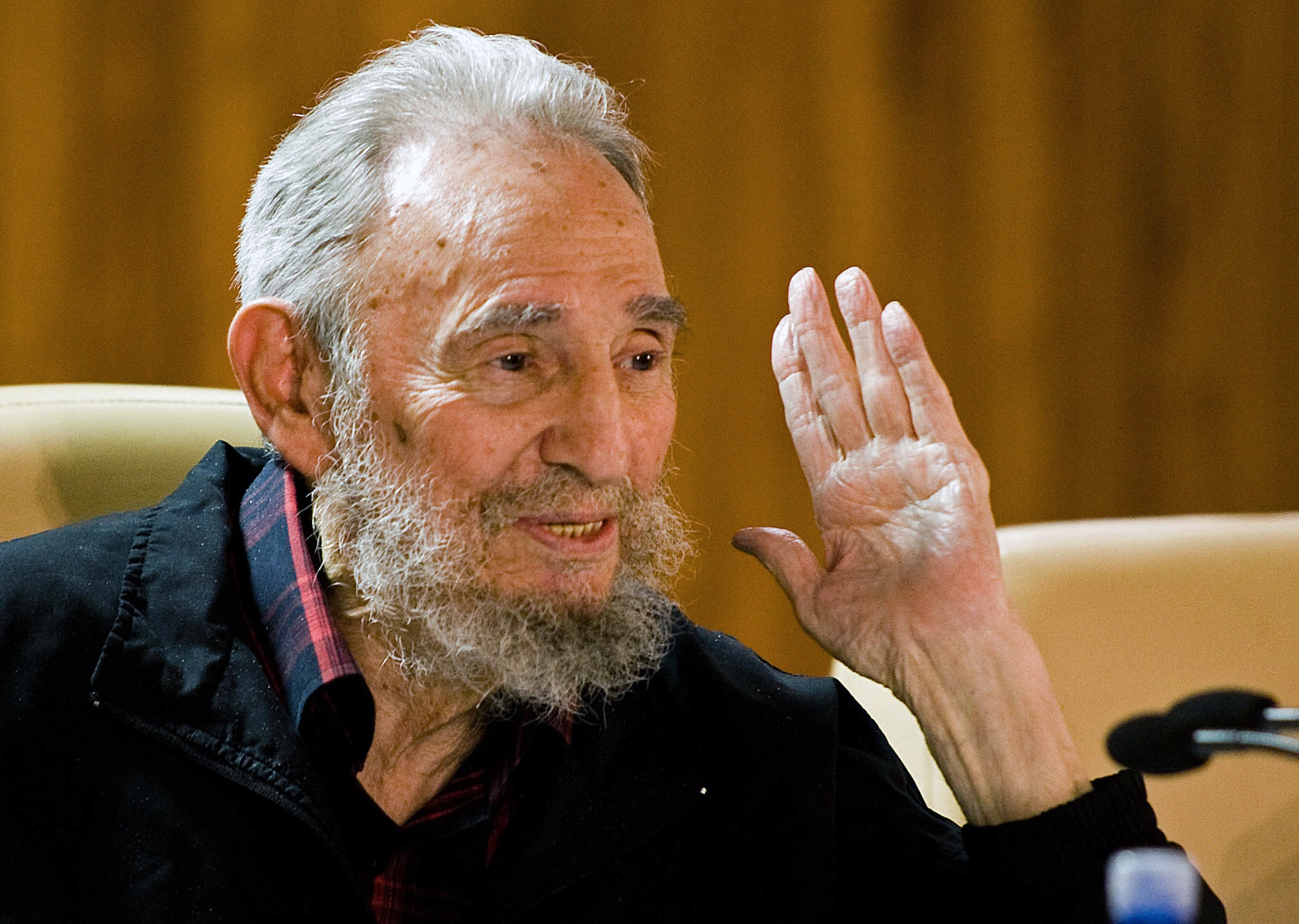
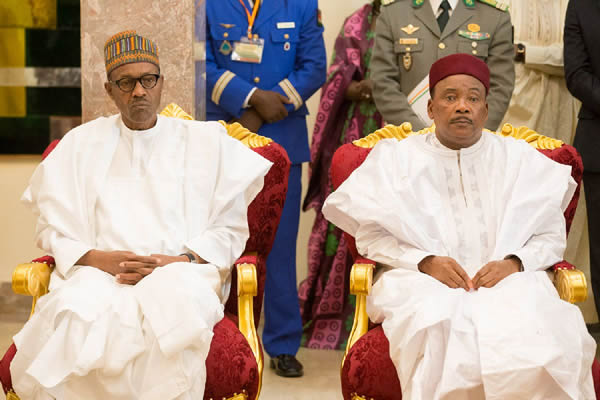
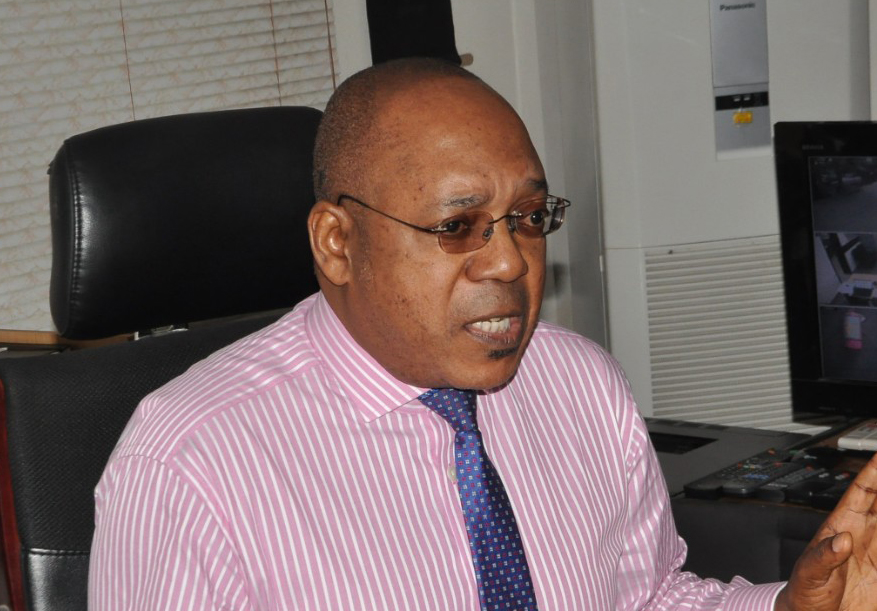

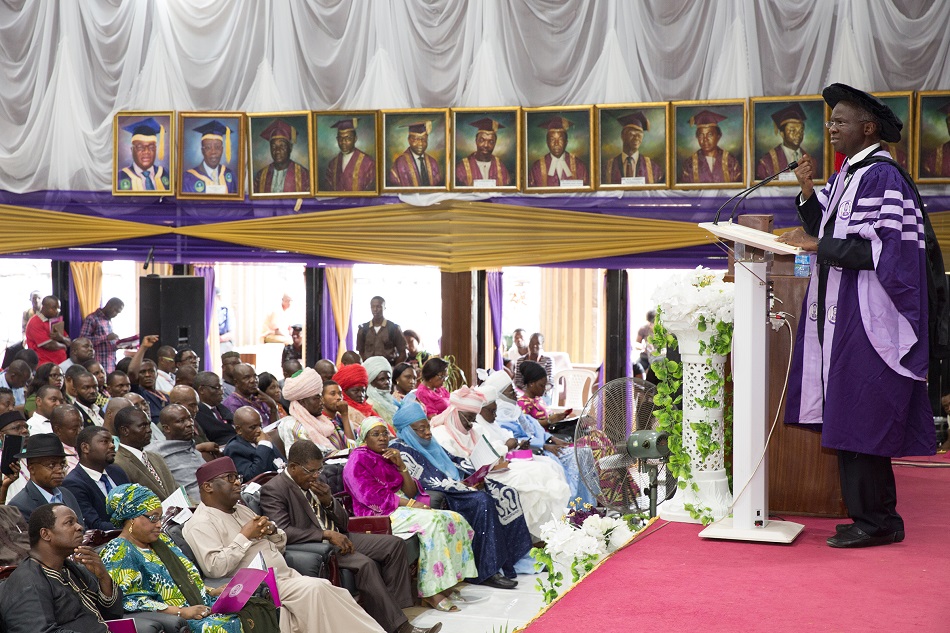
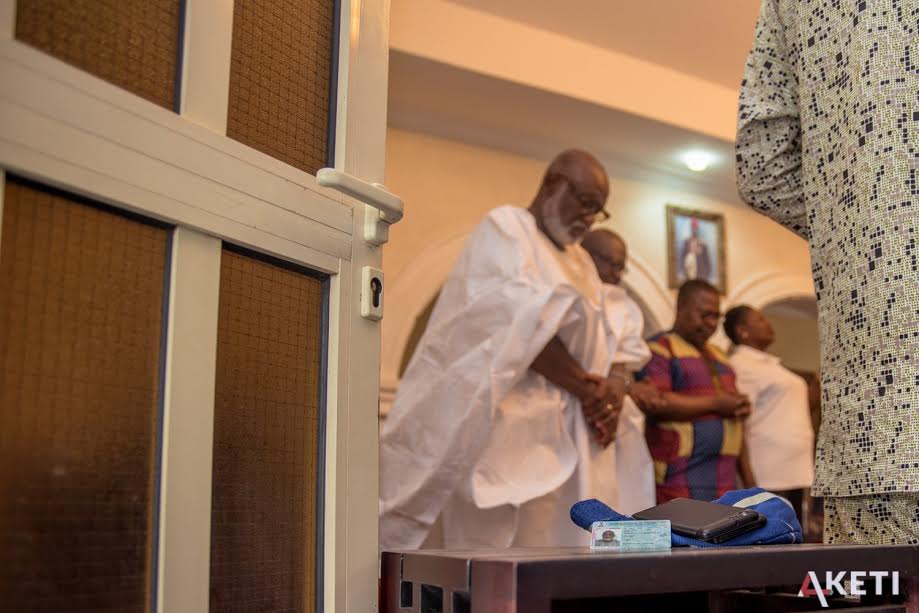

Fidel castro was an hero.His legacy will ever remain in the heart of the cubans.may his soul rest in peace
True friend of Africans,goodbye.